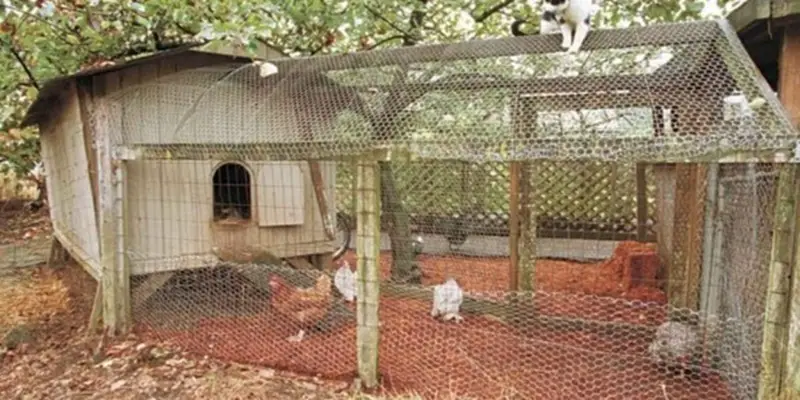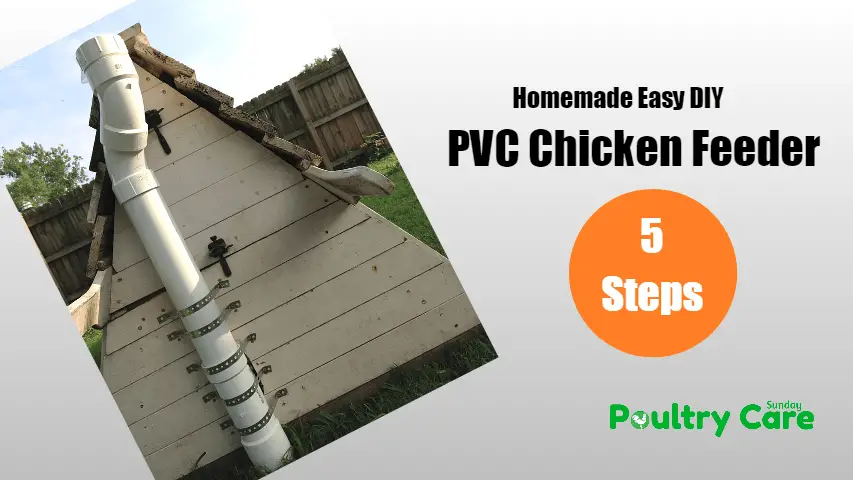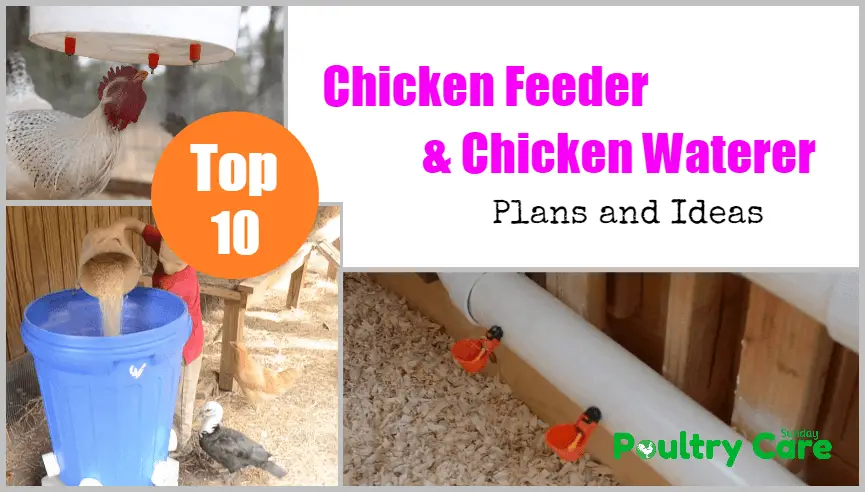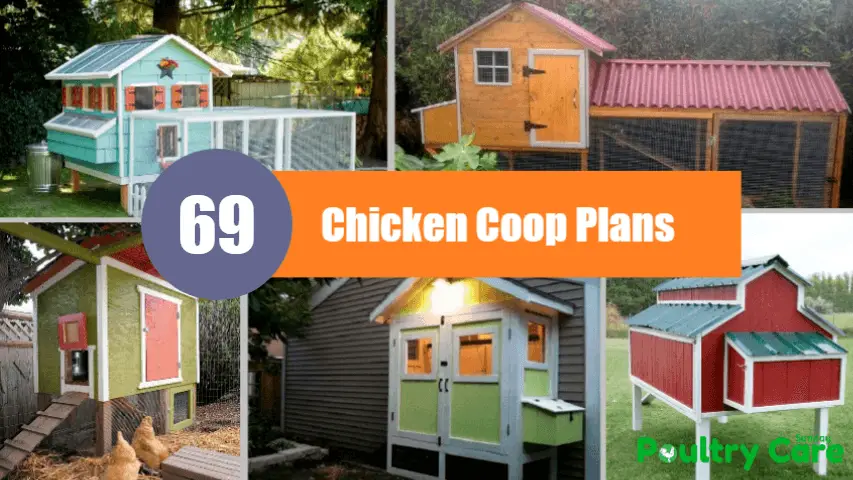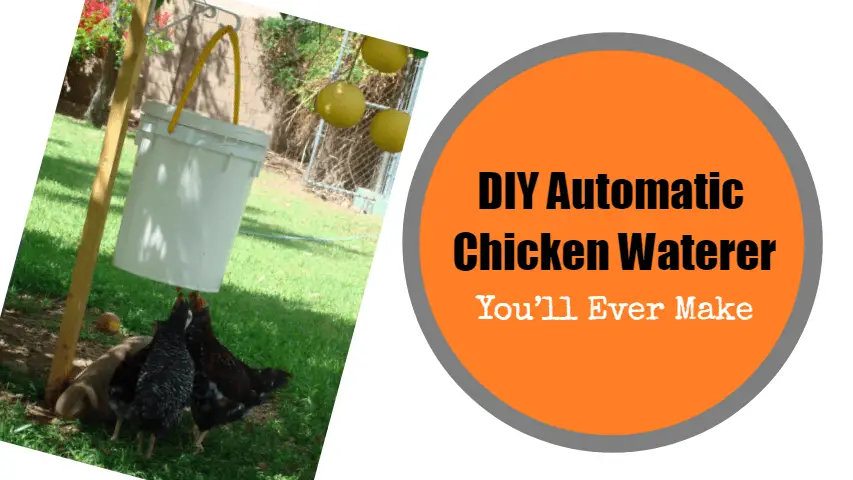Last Updated on May 7, 2024 by Pauline G. Carter
Raising chickens in your garden can be a rewarding experience, offering numerous benefits such as fresh eggs, natural pest control, and the joy of connecting with nature. However, it also presents challenges and requires careful planning and management. This comprehensive guide will explore the benefits, challenges, and best practices for raising chickens in your garden, ensuring a harmonious and productive relationship between your feathered friends and your green space.
Benefits of Raising Chickens in Your Garden
Fresh and Nutritious Eggs
One of the most compelling reasons to raise chickens is the supply of fresh, nutritious eggs. Home-raised chickens often produce eggs that are richer in color and flavor compared to store-bought ones. This is because you have control over their diet, ensuring they consume healthy feed and possibly garden scraps, which can enhance the nutritional content of their eggs.
Natural Pest Control
Chickens are excellent at controlling pests in the garden. They feed on common garden pests such as slugs, snails, and various insect larvae, reducing the need for chemical pesticides. This natural pest control can help maintain the ecological balance in your garden and support organic gardening practices.
High-Quality Fertilizer
Chicken manure is a potent source of organic fertilizer, rich in nitrogen, phosphorus, and potassium. When processed correctly, it can significantly enhance soil fertility and promote robust plant growth. Incorporating chicken manure into your garden can improve soil structure and nutrient content, benefiting your plants.
Sustainable Living
Raising chickens supports a more sustainable and self-sufficient lifestyle. By producing your own eggs and reducing food waste through feeding kitchen scraps to chickens, you contribute to a more environmentally friendly food system. This practice can also foster a deeper appreciation for where your food comes from.
Challenges of Raising Chickens in Your Garden
Predation and Disease
Keeping chickens safe from predators and diseases is a significant challenge. Proper housing and fencing are essential to protect them from common predators such as foxes, raccoons, and hawks. Additionally, maintaining cleanliness and providing vaccinations can help prevent diseases.
Garden Damage
Chickens can be destructive to gardens if not managed properly. They may scratch up seedlings, eat plants, and disturb mulch. Setting boundaries and using protective measures such as fencing or chicken tunnels can help mitigate these issues.
Legal and Neighborhood Considerations
Before starting your backyard flock, it’s important to check local regulations regarding raising chickens. Some areas may have restrictions or require permits. Additionally, consider the impact on neighbors, especially in terms of noise and odors, and take steps to address any concerns.
Best Practices for Raising Chickens in Your Garden
Coop and Run Design
A well-designed chicken coop and chicken run are crucial for the health and safety of your chickens. Ensure the coop is secure, well-ventilated, and easy to clean. The run should provide ample space for the chickens to forage and exercise. Incorporating elements like perches and dust baths can also enhance their well-being.
Balanced Diet and Water
Provide a balanced diet with appropriate protein levels for each growth stage of your chickens. Freshwater, grit, and oyster shells should be available at all times to support digestion and eggshell formation.
Integration with the Garden
Strategically integrate chickens into your garden to maximize benefits and minimize harm. Allow chickens to forage in the garden during specific times, such as after the harvest or in designated areas where they can help control pests without damaging plants. Use their manure wisely by composting it before applying it to the garden to avoid burning plants with fresh manure.
Health and Welfare
Regular health checks and preventive care are essential to keep your chickens healthy. Be vigilant for signs of illness or distress and consult a veterinarian if necessary. Providing a stimulating environment with opportunities for natural behaviors can also promote their welfare.
Community Engagement
Engage with the local community of chicken keepers for support and advice. Sharing experiences and tips can be invaluable, especially for beginners. Participating in community initiatives or online forums can also provide access to resources and information.
Conclusion
Raising chickens in your garden can be a fulfilling endeavor that enhances your gardening experience and contributes to a sustainable lifestyle. By understanding the benefits and challenges and implementing best practices, you can create a thriving environment for both your chickens and your garden.
About Author (Pauline G. Carter)

Pauline G. Carter is a well-known pet blogger who has written about the world of pets for several years. She is passionate about pets, from cats and dogs to birds, reptiles, and poultry. Her blog, which is updated regularly, is filled with articles and guides on pet care, nutrition, and training. She also shares her experiences and observations on pet ownership, making her blog relatable and informative for pet lovers. She is a true animal advocate and is dedicated to promoting responsible pet ownership. Let’s Go …
